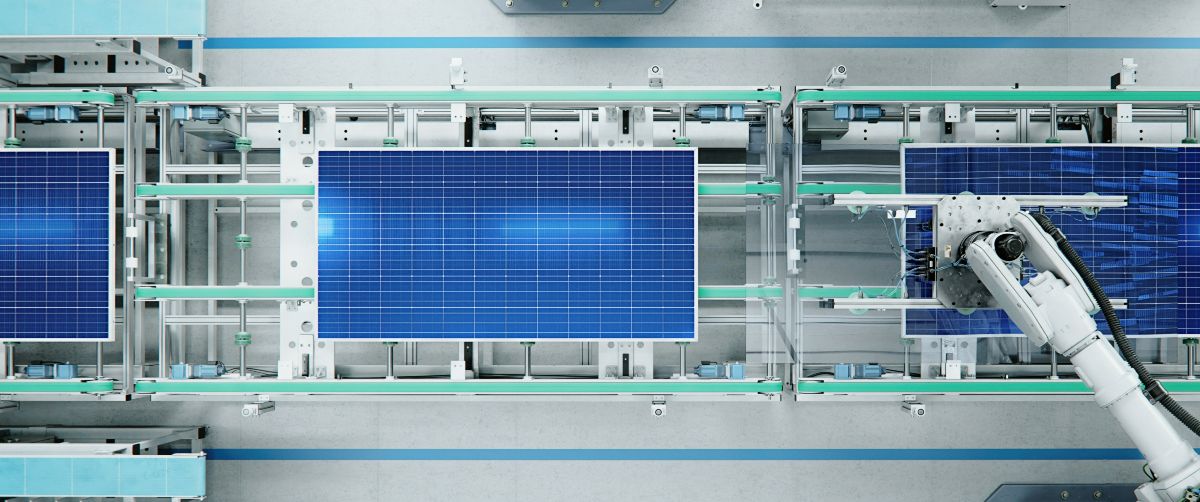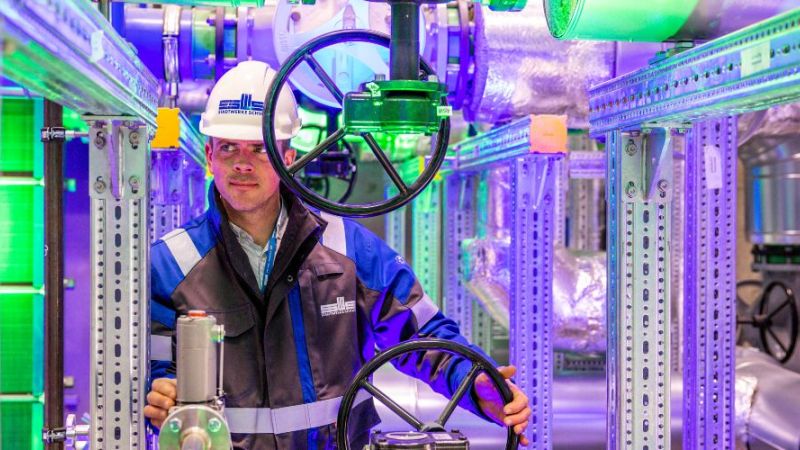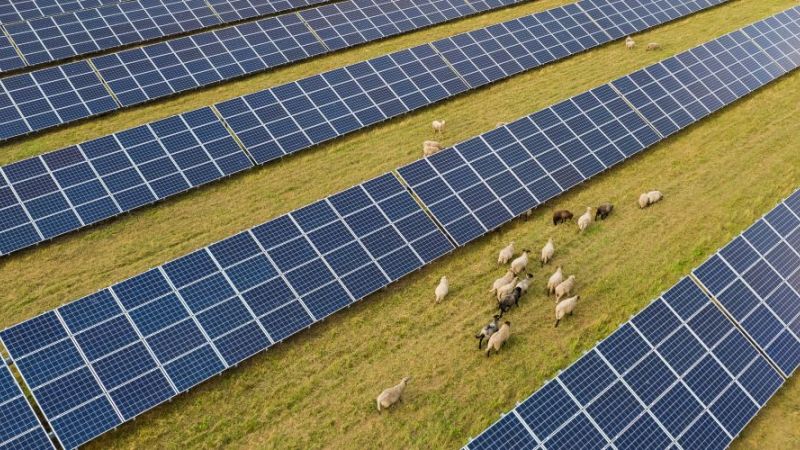Photovoltaics
Great need for research in photovoltaics
Together with wind energy, photovoltaics (PV) is the most important source of electricity production for achieving Germany's energy transition and climate protection goals. The increasing electrification of all consumption sectors will significantly increase Germany's electricity demand, as this will also support the decarbonisation of the mobility and heating supply sectors. This will require an extensive expansion of photovoltaics, starting with small decentralised systems on a kilowatt scale and extending to large-scale PV power plants in the megawatt range. In terms of the necessary security of supply, this places high demands not only on the PV systems themselves, but also on the energy system in general. At the same time, PV electricity costs are becoming increasingly relevant for energy prices as a whole.
Eligible research content in photovoltaics
Projects that help to make the use of PV more efficient, more cost-effective or more reliable are eligible for funding. The resolution of competition for space, the environmental compatibility of PV or increasing its acceptance are also important objectives. Non-technical innovations are also eligible for funding, provided they are linked to applied technological development projects.
Against the background of the necessary accelerated expansion of PV, the focus is on PV production technologies. In particular, the development of highly efficient processes suitable for mass production is addressed, from the provision of raw and starting materials to cell and module concepts. The targeted innovations are intended to leverage significant cost-cutting potential, for example by developing new generations of systems for cost-effective, highly efficient material, cell and module concepts, integrated automation solutions and self-monitoring or self-controlling factory layouts.
Performance at component and system level is another focus of PV research. A high proportion of PV electricity also means a high level of responsibility for reliable energy supply. This is associated with topics such as the realisation of a secure electricity yield, including yield forecasting, as well as increasing the service life and reliability of PV systems.
Other relevant PV research topics
New PV materials, concepts and technologies also represent a lever for reducing costs and increasing environmental compatibility. The benefits and advantages of new technologies must be clearly recognisable. Important aspects can be reduced material usage, efficient production and processing or maximum efficiency and thus cost reductions at system level.
The integration of fluctuating PV electricity into the electricity grids, the increasing linking of the electricity sector with mobility and heat supply and the resolution of competition for space require the comprehensive integration of PV. On the one hand, this requires PV power plants with grid-forming and grid-supporting properties that also support decentralised local generation and consumption structures. This also includes environmentally friendly power supply in island grids. On the other hand, it is about the integration of customised PV modules (IPV - integrated PV), for example in building structures, including innovative production technology with an architecturally attractive design and systemic integration into the building's energy management system.
The overall development of PV takes place under the aspect of sustainability. The basis for this is sufficient availability of resources and minimising the use of critical or scarce raw materials. The development of a consistent recycling strategy is another important basis. Questions of acceptance and, in this context, general environmental compatibility must also be addressed.






